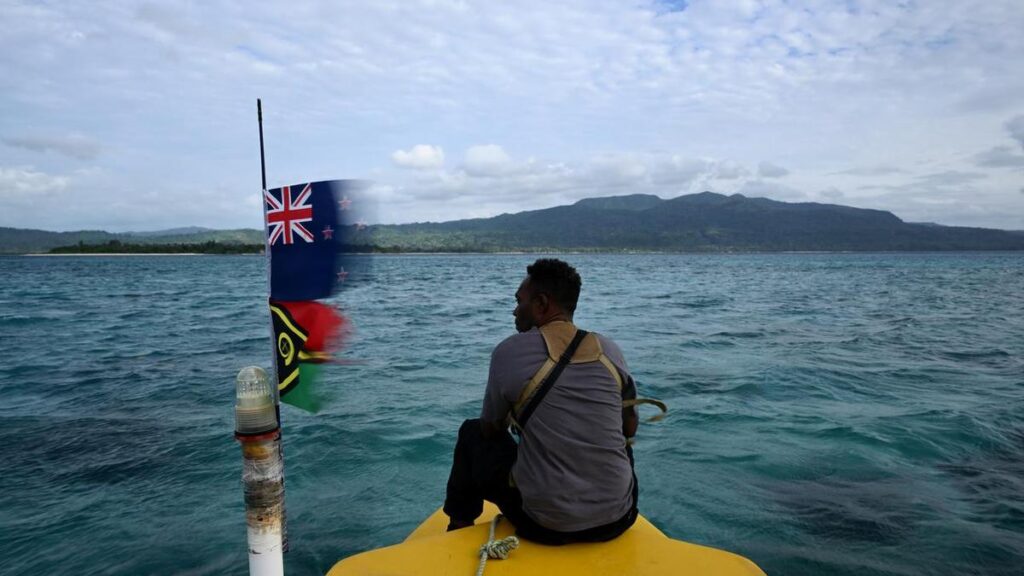
URGENT UPDATE: The International Court of Justice (ICJ) has just announced that countries have a legal obligation to combat climate change, marking a historic moment in international law. This non-binding advisory opinion aims to hold nations accountable for their greenhouse gas emissions and the severe impact on vulnerable populations, especially in Pacific island countries.
The ground-breaking ruling, delivered by a 15-judge panel in The Hague overnight, responds to pressing questions posed by the United Nations General Assembly regarding countries’ duties under international law to protect the climate. Activists hailed this decision as a vital step toward climate justice, emphasizing its significance for nations disproportionately affected by environmental degradation.
Vanuatu, a nation on the front lines of climate change, spearheaded the initiative, backed by law students advocating for those who bear the brunt of rising sea levels and extreme weather events. Presiding judge Yuji Iwasawa stated, “The degradation of the climate system impairs the enjoyment of a range of rights protected by human rights law.” The court’s opinion affirms that states must take action to mitigate and adapt to climate change, underscoring the connection between human rights and environmental protection.
In a powerful statement, Hilary Charlesworth, an Australian judge on the panel, noted, “The ICJ’s decision brings us closer to a world where governments can no longer turn a blind eye to their legal responsibilities.” This sentiment was echoed by Vishal Prasad, director of the Pacific Islands Students Fighting Climate Change, who remarked, “Those who did the least to fuel this crisis deserve protection, reparations, and a future.”
The 133-page opinion outlines two crucial inquiries: the obligations of countries to safeguard the climate and the legal repercussions for governments that fail to act. Ralph Regenvanu, Vanuatu’s Minister for Climate Change Adaptation, called the ruling a “very important course correction” during this critical time. He emphasized that this is the first instance the ICJ has directly addressed the “biggest threat facing humanity.”
Judge Iwasawa further declared that the questions posed represent “an existential problem of planetary proportions that imperils all forms of life.” He acknowledged that while international law has a role, a complete solution necessitates contributions from all fields—law, science, and economics—along with a collective will to change our habits for future generations.
This landmark ruling is expected to influence international climate policy and inspire activism across the globe. As nations grapple with their responsibilities, the urgency for environmental action has never been clearer. The ICJ’s opinion is set to resonate worldwide, challenging governments to prioritize climate action and uphold their legal obligations to protect vulnerable populations.
Stay tuned for further updates as the implications of this ruling unfold in the coming days and weeks. The world is watching, and the call for climate justice is louder than ever.






